New contributor to Double Apex, Mikaeel Waja thinks that the performance motoring industry has sacrificed too much in its pursuit of performance. He explains why in his first submission to our site called: The Numbers Game.
Many believe that speed and power are key ingredients for an amazing machine. Faster and higher-powered cars should be better right? Well, perhaps not… hear me out.
Follow Double Apex on Instagram and Facebook where we share more car content.
In 1970, if you had told Ferruccio Lamborghini that in 2020, the pinnacle of the Lamborghini line-up would have over 600 kW, I’m pretty sure he would have said: SEI PAZZO! (you’re crazy, in Italian). Technological and engineering advancements over the past few decades have been nothing short of remarkable. Vehicles today offer incredible numbers in terms of power and torque outputs. But has it become just that, the numbers game? Have manufacturers become so obsessed with numbers that cars have lost something else along the way?
Local context
Let’s start with a South African favourite, the Golf GTI. The GTI has been a firm favourite among local petrolheads ever since its introduction here in the early 1980s. Golf 1 GTis produced 82 kW from a small, naturally aspirated motor. A punchy engine, three pedals and a curb weight of well under a ton helped create an uncorrupted driving experience. For many the first GTi is considered the quintessential hot hatch.
Fast forward just over 40 years and the recently launched Mk8 GTI has a 2,0-litre turbocharged motor producing more than double the power at 180 kW, mostly fitted with a dual-clutch transmission, and an overall mass in excess of 1500 kg. Progress? Hmmm… maybe.
Check out this list of cars that we believe will be future classics.
M Power
Another local favourite is the BMW M3, although our history with the M3 is not as clear cut. You see, the first-gen (E30) M3 didn’t make it to our shores but it is interesting to note the progression. Euro-spec M3s started life in 1986. At the time, the 143 kW power figure was impressive. With a 7 250 r/min redline, rear wheel drive and five-speed manual gearbox, the E30 quickly obtained cult status as a fine driving machine. (Click here to read about the record-breaking price obtained for an E30 M3 in a recent auction).
Click here to read why we no longer get road-going racecars.
Fast forward 30-odd years and we now have specifications of the upcoming (G80) M3 with power exceeding 350 kW. The formula also seems to be changing, with an all-wheel drive system and eight-speed automatic gearbox now on offer as well (learn more about the new M3/M4’s various drivetrain and power outputs here).
Dilution
At this point you’re probably wondering: “WHAT is this guy on about?” Surely the increases in power, top speed and drop in acceleration times is a sign of progress and that cars have become undeniably better? Well, the answer is yes; kind of. You see, along with all those lovely power increases due to technological and engineering advancements, a whole list of other systems have been adopted in order to prevent your 375 kW BMW M3 from ending up in a ditch on its roof. A whole list of goodies such as ESP, BAS, CBC, different modes and a whole bunch of other techy terms have become standard. Theoretically, you could stick the car into a corner, not really have to think much about your inputs and come out the other side thanks to the electronic safety net keeping the car in check.
Gearboxes, too, I think have changed things, and not for the better. Dual-clutch gearboxes found in the new GTIs and M3s provides faster and sharper gear changes. Their speed and efficiency undoubtedly aid performance. But is that incremental improvement really worth the joy and satisfaction of the perfectly executed manual gear change which is lost?
Summing up
And that is precisely what I’m on about. What I refer to as ‘the corrupted driving experience’. Cars are faster and better on paper, yes. But have manufacturers sacrificed some of the driving experience while playing the numbers game? Are cars as much fun, engaging, thrilling and rewarding to drive? I’m not so sure. Will the average buyer of these cars care? Probably not. But one day in the not too distant future, we will wake up to cars running on electricity, offering incredible performance but drive themselves. And when that day comes, we’re going to miss the good old days of the analogue driving experience.
Do you agree with Mikaeel’s sentiment? Let’s hear your views on our Facebook page.

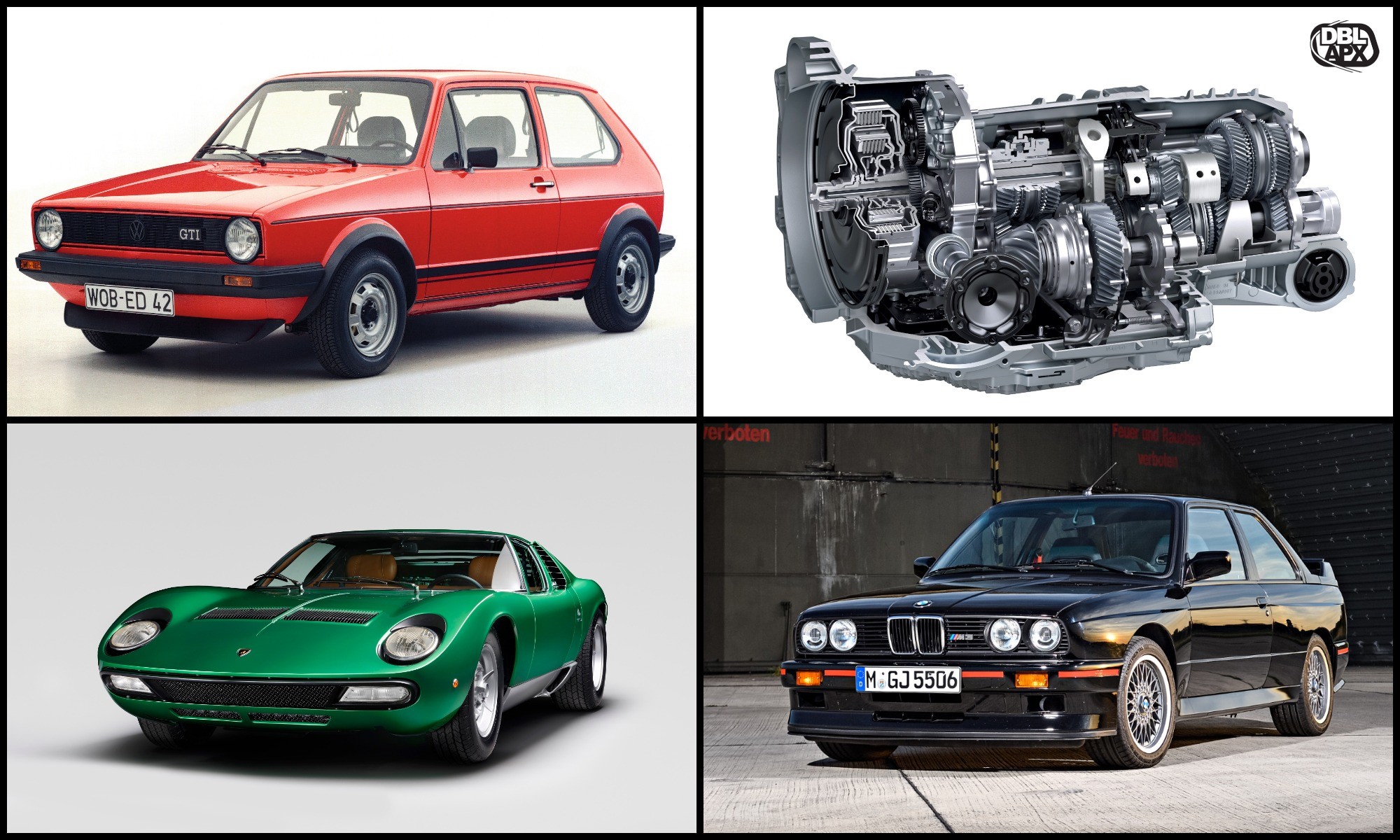
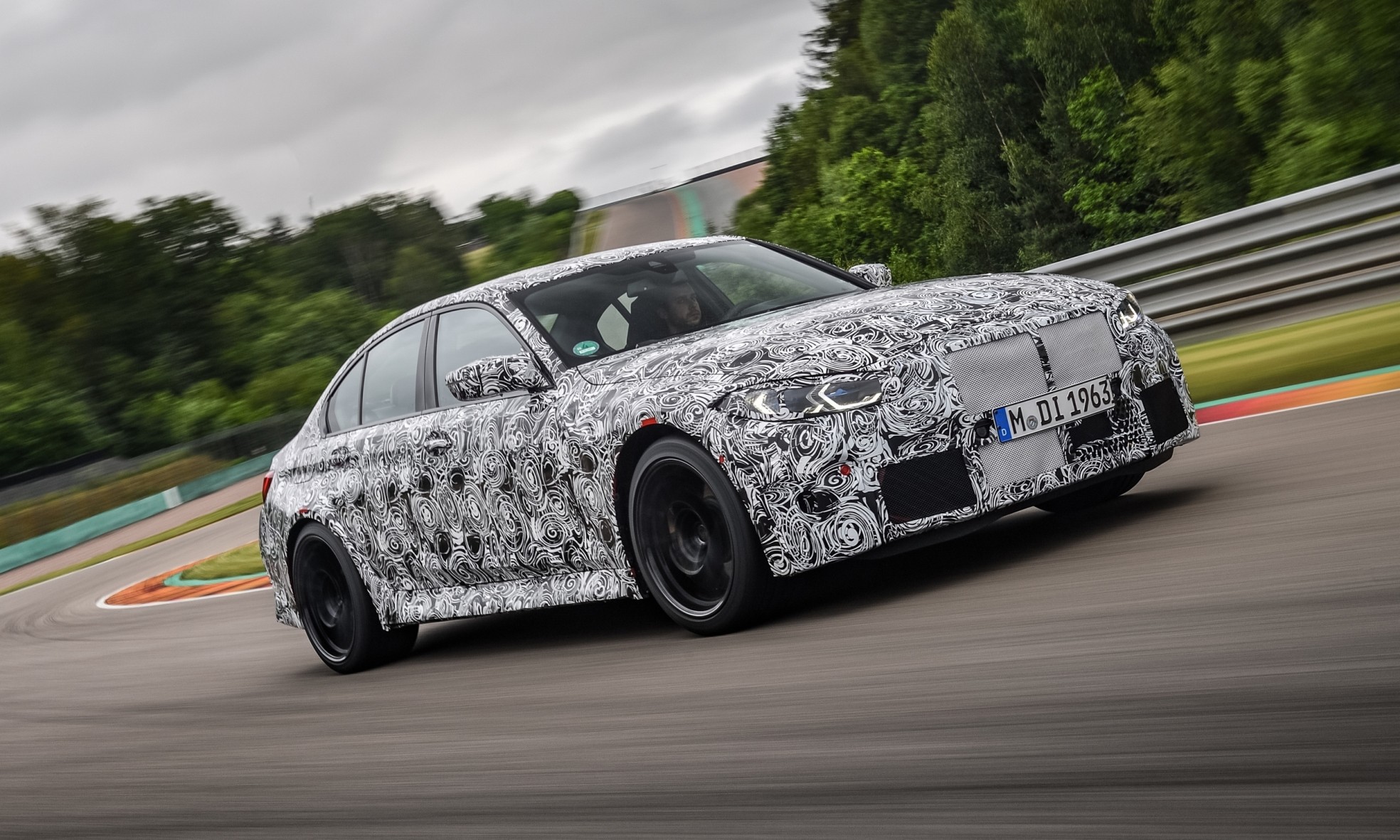
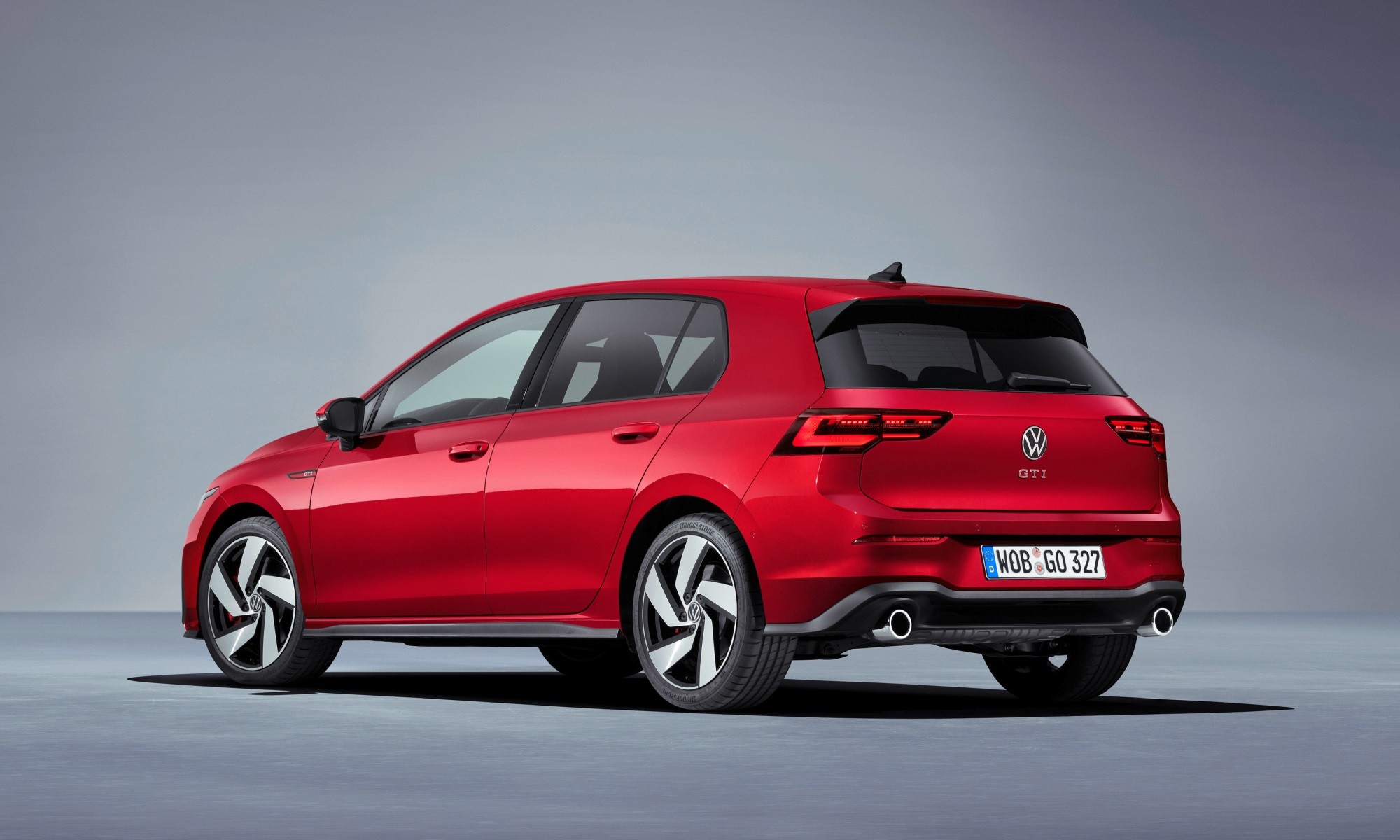


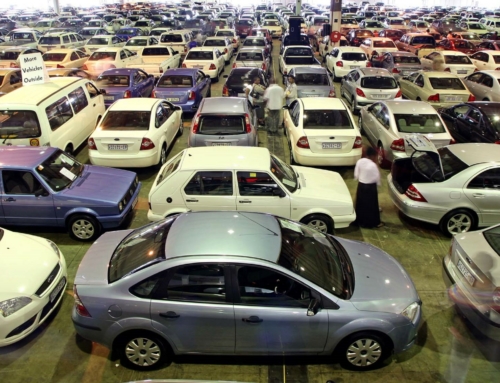


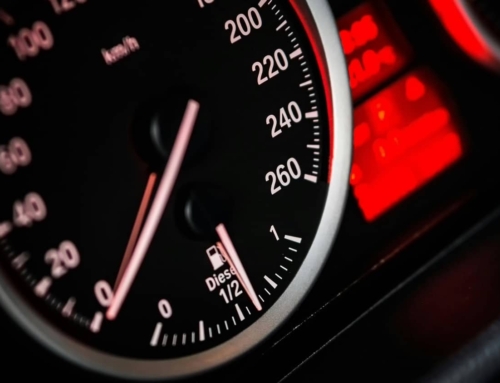
Leave A Comment